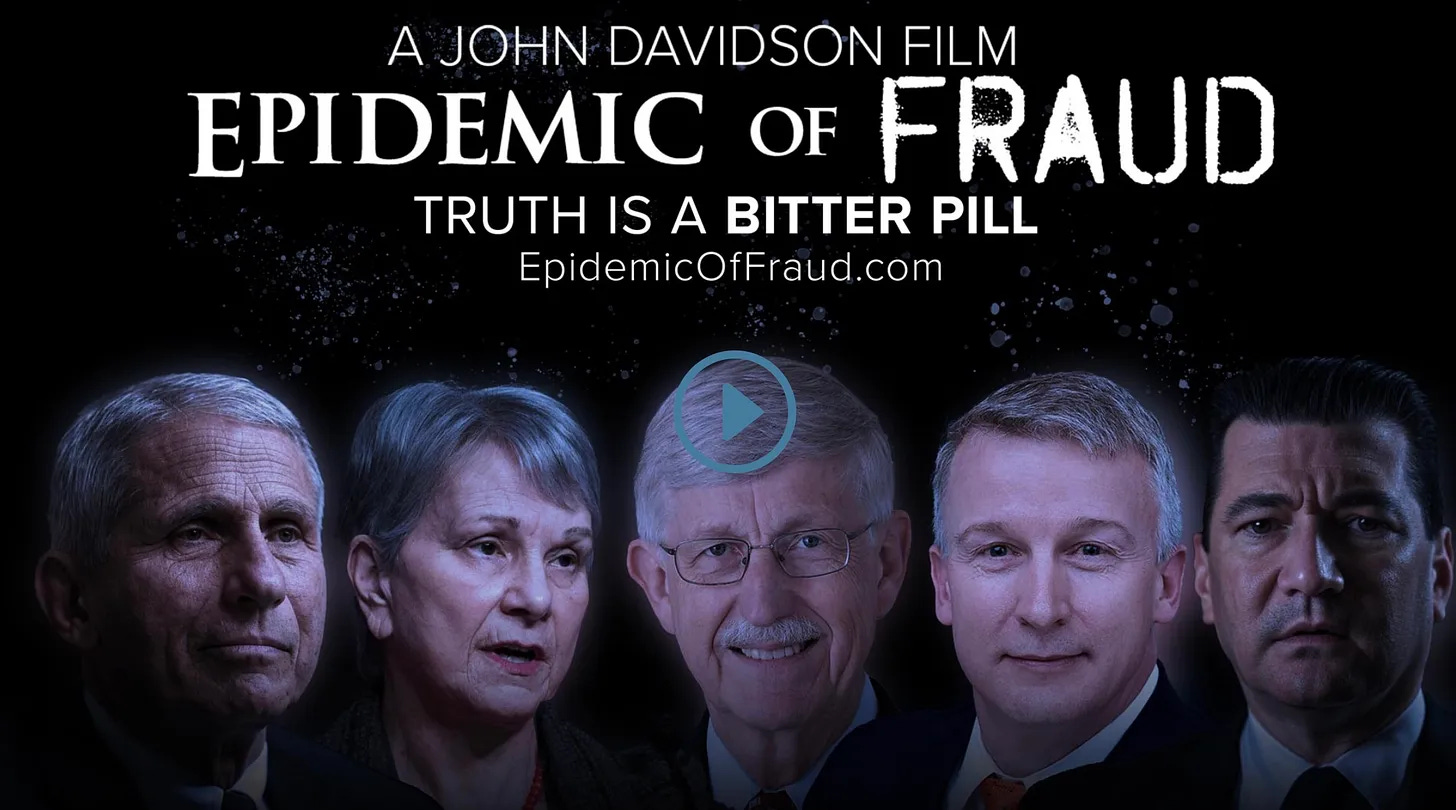The Truth Behind Hydroxychloroquine: A Conversation with Xavier Azalbert
In a revealing conversation on "Broken Truth," host John Davidson sits down with Xavier Azalbert, an investigative journalist and scientist from France-Soir, to delve into the contentious debate surrounding the drug hydroxychloroquine during the COVID-19 pandemic. This discussion not only revisits the scientific controversy but also sheds light on the broader implications for scientific integrity and public trust.
France-Soir: A Brief History
France-Soir, originally founded in 1944 by Pierre Lazareff, was one of France's leading daily newspapers, known for its sensationalist coverage and significant influence during the post-war period. Over the decades, it transitioned from print to digital, facing numerous ownership changes and financial difficulties. By the 21st century, France-Soir had transformed into an online news platform, with Xavier Azalbert steering its direction towards investigative journalism, particularly in health and science. This pivot has allowed France-Soir to maintain relevance by tackling controversial topics like the hydroxychloroquine debate with in-depth analysis.
The Hydroxychloroquine Debate
Azalbert discusses his new study aimed at conclusively understanding hydroxychloroquine's role in treating COVID-19. He emphasizes the drug's long history of use for other conditions like malaria and lupus, contrasting this with the sudden vilification it received during the early stages of the pandemic.
Politicization and Public Perception: Azalbert points out how hydroxychloroquine became a politically charged topic, especially after endorsements by figures like former President Donald Trump, leading to a polarized public discourse.
Scientific Bias and Misconduct: The conversation highlights multiple studies, including the RECOVERY trial and others, where hydroxychloroquine was allegedly tested under conditions designed to fail. Azalbert mentions the overdose levels used in some trials and the lack of adherence to the protocol advocated by French scientist Didier Raoult, who suggested a combination therapy with azithromycin.
Data Transparency and Integrity: A significant part of the discussion revolves around the lack of data transparency in many studies. Azalbert contrasts this with the approach taken by Raoult's team at IHU Méditerranée Infection, where raw data was made publicly available, certified by a bailiff, to ensure credibility.
Media and Public Trust: Both Davidson and Azalbert critique the role of media in shaping public opinion, often without critical examination of scientific studies. They discuss how misinformation or biased reporting can lead to public health missteps and skepticism towards scientific bodies.
Implications for the Future
Reform in Scientific Publishing: Azalbert advocates for a change in how scientific studies are published and reviewed, suggesting open peer reviews and legal repercussions for publishing fraudulent data, drawing parallels with environmental laws that penalize polluters.
Restoring Trust: The conversation touches on the need for decisive action from new leadership in health institutions to restore faith in medical science, with references to potential roles of figures like Jay Bhattacharya under a new U.S. administration.
Global Perspectives: They briefly compare the inefficiencies and potential corruptions in aid distribution between U.S. agencies like USAID and France's Agence Française de Développement, linking these to broader systemic issues in global health governance.
Download and read the study here.
Conclusion
The dialogue between Davidson and Azalbert serves as a critical examination of how scientific debates are conducted and perceived in the public sphere. It underscores the necessity for transparency, accountability, and an unbiased approach to science, particularly in times of global health crises. As the world moves forward, this conversation is a call to action for reforming how medical research is conducted and communicated to ensure it serves the public good rather than special interests.
A new update to our award-winning documentary “Epidemic of Fraud” was recently posted. Learn how the people who helped bring fentanyl to the market tried to convince the American people that a drug similar to tonic water was deadly. With new updates, statistics and retractions sprinkled throughout, it’s a movie anyone concerned with medicine and policy should see.
Watch now.












